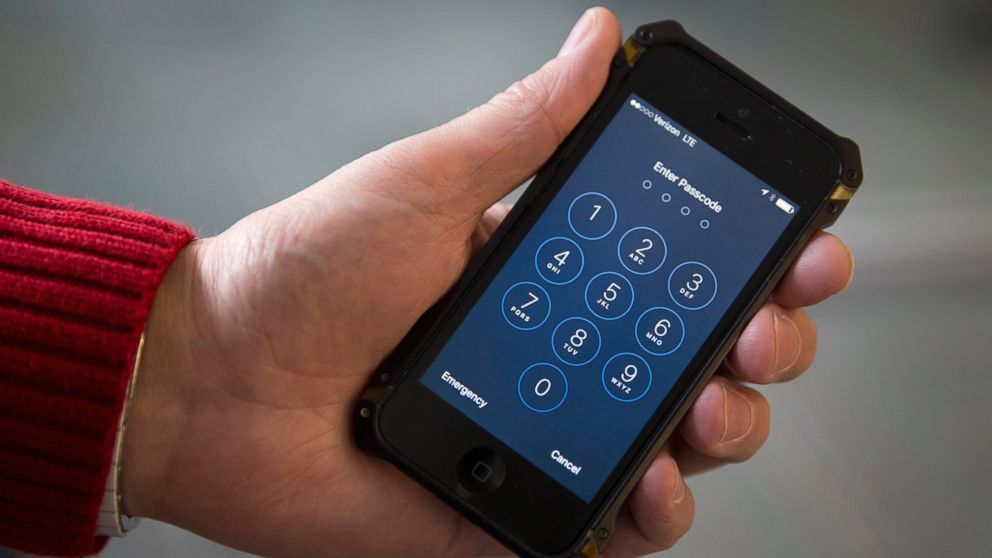Federal Judge Orders Woman to Unlock iPhone Using Her Fingerprint
It's the latest twist in ongoing conflicts over encryption.

— -- The case of a California woman who was ordered to unlock an iPhone using her fingerprint is raising questions about whether compelling a person to unlock their smartphone could infringe on their right against self-incrimination.
A warrant was issued in February ordering Paytsar Bkhchadzhyan to unlock an iPhone seized from a Glendale, California, residence. She later pleaded no contest to a felony count of identity theft, according to the Los Angeles Times.
While much of the public discussion over encryption has focused on four to six digit passcodes, the California case is raising the question of whether a person's biometric markers -- such as a fingerprint or iris -- could be used to help authorities crack into a device.
Mark Bartholomew, a law professor at the University of Buffalo who studies encryption and cyber law, told ABC News "the law is very uncertain on this because it hasn't caught up to technology."
At issue is whether pressing a finger to unlock a phone and giving law enforcement access to all of its contents is tantamount to testifying without ever speaking a word.
"It's one of those things like always technology is way ahead of the law," Bartholomew said. "These issues of passwords, biometric safeguards, at the same time law enforcement wants them, over time these are going to be teed up for the courts and Supreme Court to weigh in on it."
But Albert Gidari, the director of privacy at Stanford Law School's Center for Internet and Society, told the LA Times that the action might not violate the 5th Amendment prohibition of self-incrimination.
"Unlike disclosing passcodes, you are not compelled to speak or say what's 'in your mind' to law enforcement," Gidari told the LA Times. "'Put your finger here' is not testimonial or self-incriminating."
Apple first added Touch ID to the iPhone 5s and has since included the security measure in all of its recent iPhones and iPads. Built into the home button, Touch ID can also be bypassed using passcodes.




